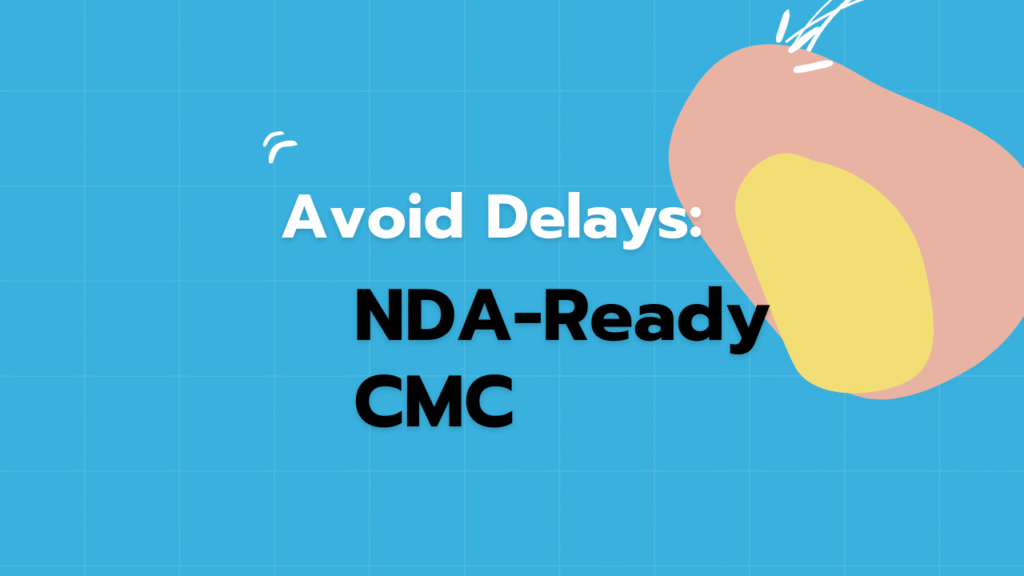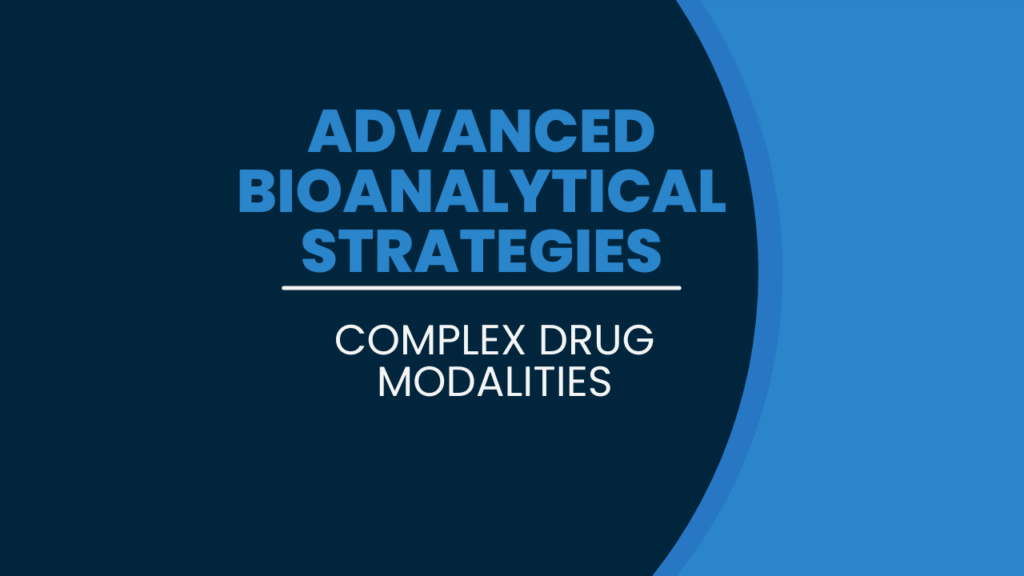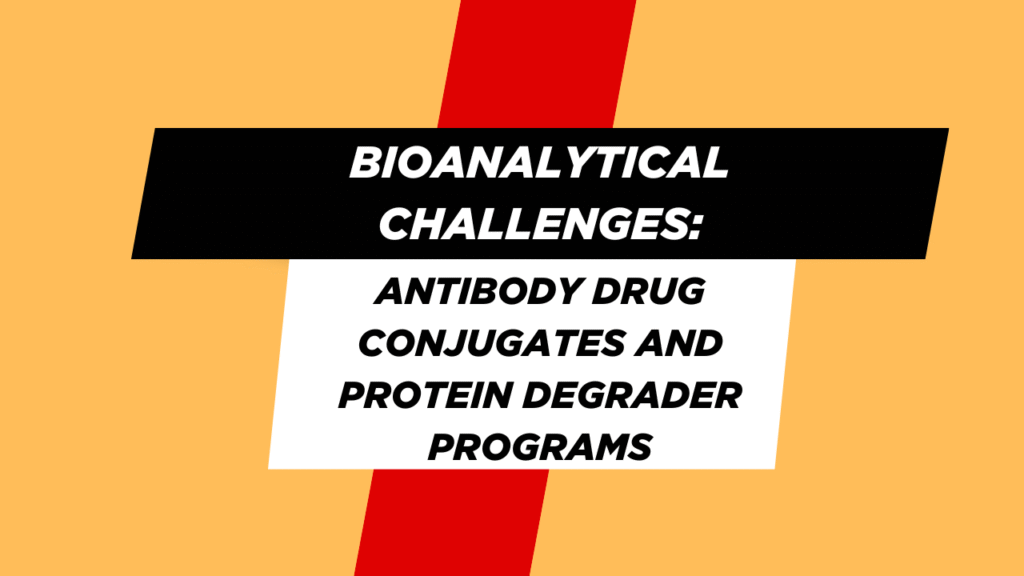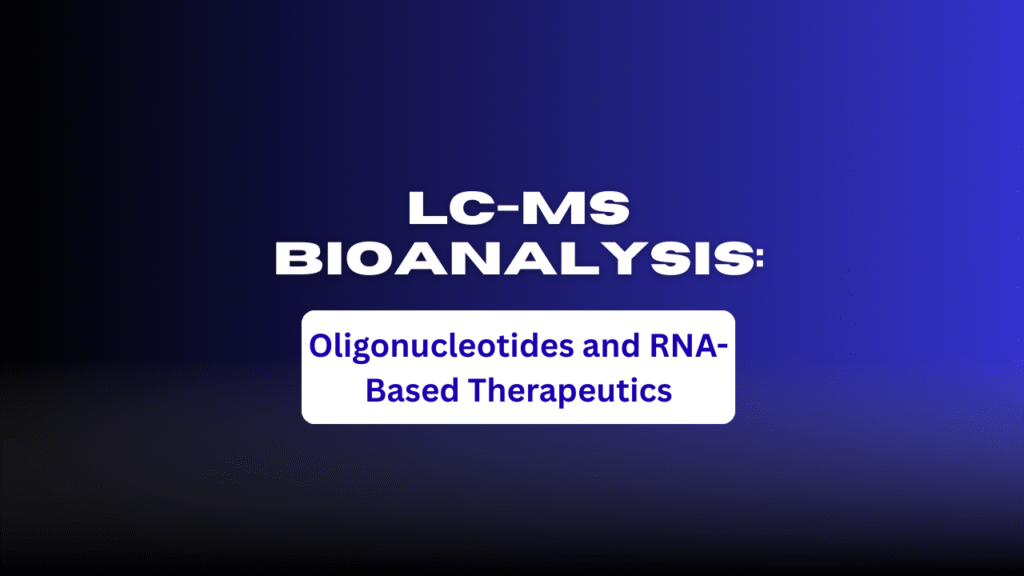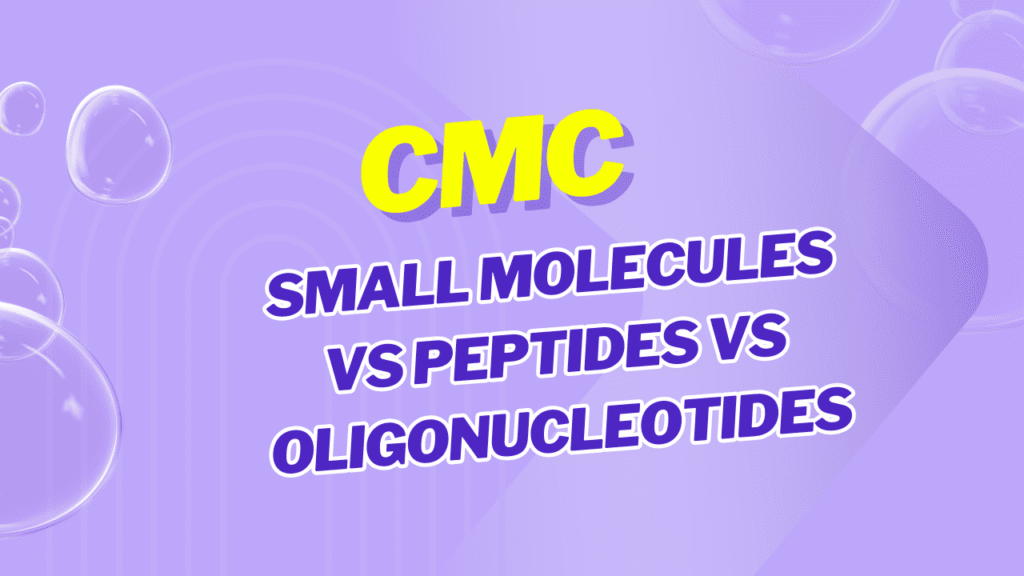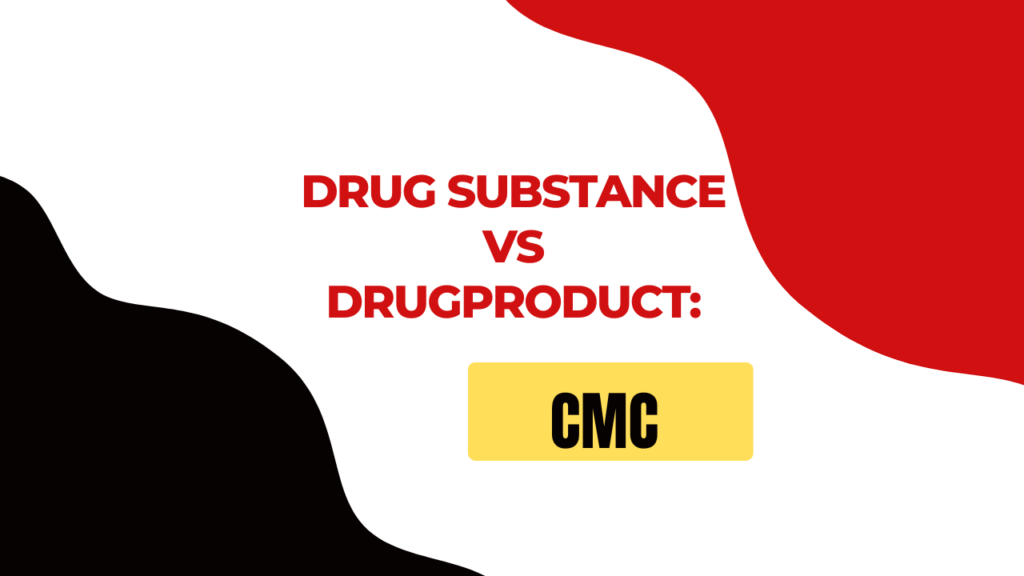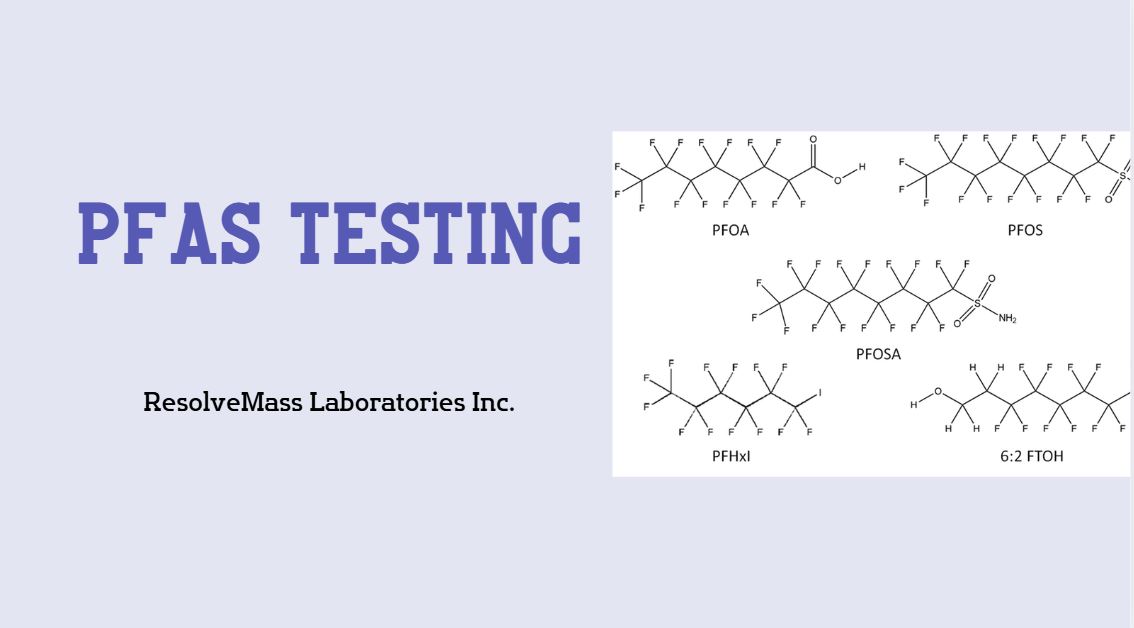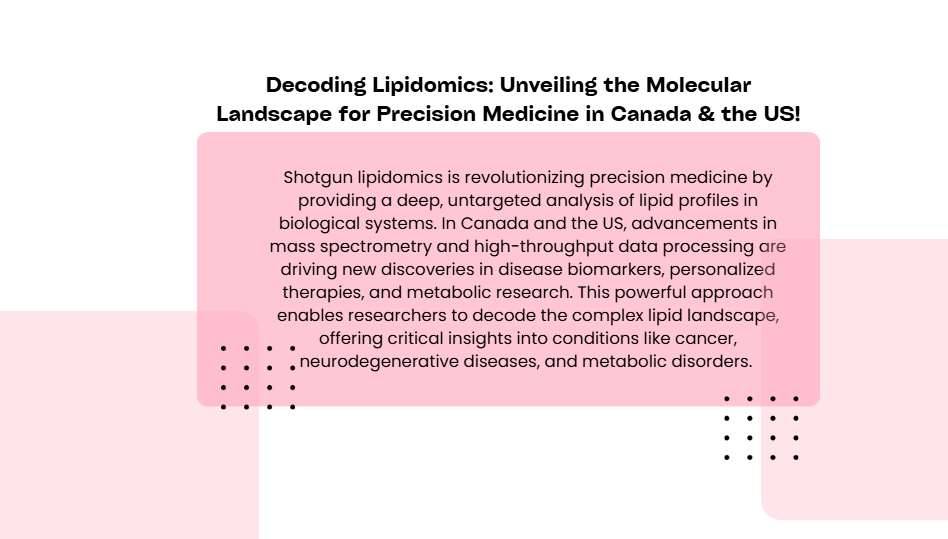
Shotgun lipidomics is a high-throughput analytical technique that has revolutionized lipid analysis, particularly in the fields of biomarker discovery and precision medicine. By enabling the direct analysis of lipid compositions in biological samples, this method offers unparalleled insights into disease mechanisms, drug responses, and metabolic disorders. With significant advancements in Canada and the United States (US), shotgun lipidomics is playing an essential role in shaping the future of personalized medicine.
Understanding Shotgun Lipidomics
Shotgun lipidomics is a mass spectrometry (MS)-based approach that allows for the rapid identification and quantification of lipids in complex biological samples. Unlike traditional lipidomics techniques that require extensive separation steps, shotgun lipidomics simplifies lipid analysis by directly infusing lipid extracts into a high-resolution mass spectrometer, typically equipped with electrospray ionization (ESI) or matrix-assisted laser desorption/ionization (MALDI) sources.
Key Advantages of Shotgun Lipidomics
- High throughput: Rapid lipid analysis without chromatographic separation.
- Comprehensive coverage: Simultaneous detection of multiple lipid classes.
- Quantitative accuracy: Improved quantification using stable isotope-labeled internal standards.
- Minimal sample preparation: Reduces time and resources required for lipid analysis.
Applications of Shotgun Lipidomics in Precision Medicine
Precision medicine relies on individualized therapeutic approaches based on a patient’s genetic, proteomic, and metabolic profiles. Lipidomics plays a crucial role in understanding disease pathophysiology, identifying potential biomarkers, and optimizing treatment strategies.
1. Biomarker Discovery for Disease Diagnosis
Lipidomics has uncovered lipid-based biomarkers for numerous diseases, including cancer, neurodegenerative disorders, and cardiovascular diseases. For instance, studies have shown that alterations in lipid metabolism are linked to Alzheimer’s disease progression (DOI: 10.1016/j.jalz.2018.12.001).
2. Lipidomics in Oncology
Cancer cells exhibit distinct lipidomic profiles due to altered metabolism. Shotgun lipidomics enables the identification of cancer-specific lipid signatures, aiding in early detection and personalized treatment strategies (DOI: 10.1186/s12967-020-02366-w).
3. Cardiovascular and Metabolic Disorders
Dyslipidemia is a significant risk factor for cardiovascular diseases. Shotgun lipidomics provides insights into lipid abnormalities associated with obesity, diabetes, and atherosclerosis, facilitating early intervention and tailored therapies (DOI: 10.1007/s11883-020-00890-1).
4. Neurological Disorders
Lipid metabolism plays a crucial role in neurological health. Shotgun lipidomics has been employed in research on Parkinson’s disease, schizophrenia, and multiple sclerosis to identify lipid-based biomarkers for early diagnosis and targeted treatments (DOI: 10.1016/j.bbadis.2019.165540).
Advances in Shotgun Lipidomics in Canada and the US
Canada’s Contributions to Shotgun Lipidomics
- University of Toronto and McGill University are at the forefront of lipidomics research, utilizing shotgun lipidomics for biomarker discovery in metabolic diseases.
- The Metabolomics Innovation Centre (TMIC) is a key player in lipidomics research, providing cutting-edge analytical services for precision medicine applications.
US Leadership in Shotgun Lipidomics
- The National Institutes of Health (NIH) funds numerous lipidomics projects, including large-scale studies on metabolic disorders and neurodegenerative diseases.
- Institutions such as Harvard Medical School and the Mayo Clinic have pioneered applications of shotgun lipidomics in oncology and cardiovascular research.
Challenges and Future Perspectives
Despite its advantages, shotgun lipidomics faces several challenges:
- Data Complexity: Managing and interpreting large lipidomics datasets require advanced bioinformatics tools.
- Standardization: Harmonizing lipid identification protocols is crucial for reproducibility.
- Cost and Accessibility: High-end mass spectrometry instruments and specialized expertise can limit widespread adoption.
Future advancements in machine learning, AI-driven data analysis, and more robust lipid databases will further enhance the accuracy and applicability of shotgun lipidomics in clinical settings.
REFERENCES
- Bowden JA, Heckert A, Ulmer CZ, Jones CM, Koelmel JP, Abdullah L, Ahonen L, Alnouti Y, Armando AM, Asara JM, Bamba T. Harmonizing lipidomics: NIST interlaboratory comparison exercise for lipidomics using SRM 1950–Metabolites in Frozen Human Plasma [S]. Journal of lipid research. 2017 Dec 1;58(12):2275-88.
- Sousa Monteiro F. Advancing Lipidomics through Method Development, Data Processing, and its Applications in Cancer Research.
- Feng L, Prestwich GD. Functional lipidomics. CRC Press; 2005 Sep 14.
- Huang S, Zhang D, Wang Q, Shang B, Liu J, Xing X, Hong Y, Duan X, Sun H. Shotgun lipidomics reveals the changes in phospholipids of brown rice during accelerated aging. Food Research International. 2023 Sep 1;171:113073.
- Song Y, Cai C, Song Y, Sun X, Liu B, Xue P, Zhu M, Chai W, Wang Y, Wang C, Li M. A comprehensive review of lipidomics and its application to assess food obtained from farm animals. Food Science of Animal Resources. 2022 Jan 1;42(1):1.
QUICK ENQUIRY
When Should You Start NDA-Ready Chemistry, Manufacturing, and Controls (CMC) Development?
✅ Summary of the Article Start NDA-Ready CMC Development as early as Preclinical Phase, with…
Advanced Bioanalytical Strategies for Complex Drug Modalities
Introduction Advanced Bioanalytical Strategies have become a critical enabler in modern drug development as pharmaceutical…
Bioanalytical Challenges in Antibody Drug Conjugates and Protein Degrader Programs
Introduction The biopharmaceutical landscape has witnessed remarkable innovation, with Antibody Drug Conjugate bioanalytical services becoming…
LC-MS Bioanalysis for Oligonucleotides and RNA-Based Therapeutics
Introduction LC-MS bioanalysis for oligonucleotides has emerged as the cornerstone analytical technique supporting the rapid…
Chemistry, Manufacturing, and Controls (CMC) Services for Small Molecules vs Peptides vs Oligonucleotides
Summary: Key Takeaways at a Glance CMC Services for Peptides require specialized analytical, manufacturing, and…
Drug Substance vs Drug Product Chemistry, Manufacturing, and Controls (CMC) : IND and NDA Perspectives
✅ Summary: Drug Substance vs Drug Product CMC – IND and NDA Perspectives CMC for…
